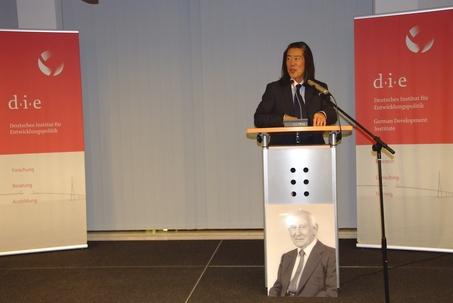Academic

Stephen was the Foundation Dean of Law and Social Sciences at the School of Oriental and African Studies in the University of London, and recently served as Dean for a second time. He has been a member of the University of London Senate and remains at SOAS as Professor of International Relations. Stephen’s early training began at the University of Auckland, where he studied political philosophy under Paul Feyerabend.
Stephen’s adult scholarly life began at the University of Zambia, after he resigned his position with the Commonwealth Secretariat. He wrote and convened the first MA in International Relations in the freed Southern African region – at that time still being destabilised by Apartheid South Africa. Senior military and Ministerial figures were among his students and his lectures were later published as Issues in International Relations: A View from Africa (Macmillan, 1987), and a long stream of academic books followed.
After a spell in Oxford, Stephen accepted tenure at the University of Kent and became Director of its London Centre of International Relations; from there, he went onto Nottingham Trent University as its first externally-
Stephen’s reputation is established on two sets of ground-
Stephen’s writing has always sought to address two sets of audience: the specialist academic audience, and that of the general public. He does not admire the term, ‘public intellectual’, but he disdains the notion that scholarship is served by confinement in small circles. Even so, Stephen has always been prepared to serve his professional discipline. He has been an adviser to the Commonwealth Scholarships Commission, and sat on the award juries of both the German Research Council and the Finnish Academy. He has advised on research excellence in both Australia and South Africa. He was Chairman of the Editorial Board of International Relations, and was a key member of the David Davies Memorial Institute of International Studies Executive Committee – which both published the journal and, in accordance with the wishes of David Davies, pioneered the discipline of International Relations. Davies, who established the first Chair in the discipline in the wake of World War One, saw International Relations not only speaking truth to power but speaking in place of war. Stephen believes in that original vision.
